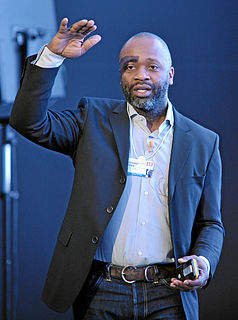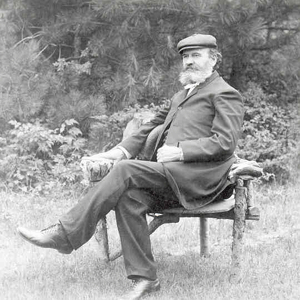A Quote by Susan Collins
We must pay close attention to the signals our body sends - the aches and pains, digestions and indigestions, increased energies and exhaustions. Our body sends us signals about the correct 'spelling' of our lives. These sensations are the sum of complex inner computations that we must learn to interpret.
Related Quotes
Listen to your body's wisdom, which expresses itself through signals of comfort and discomfort. When choosing a certain behavior, ask your body, "How do you feel about this?" If your body sends a signal of physical or emotional distress, watch out. If your body sends a signal of comfort and eagerness, proceed.
Passion. It can be used to describe the beauty of an earth-shaking meeting between two people, but it isn't just that. It's there in the excitement of the unexpected, in the desire to do something with real fervour, in the certainty that one is going to realise a dream. Passion sends us signals that guide us through our lives.
Cancer cells have a lot of other things that are really wrong with them, and we should never forget that these are cells that have become deaf to all the signals that the body sends out, such as you can multiply a certain amount, you can be in a certain place in the body, where to stay, where to move, and so on.
The problem is not in the food... The problem lies in the mind. It lies in our lack of awareness of the messages coming in from our body... Mindful eating helps us learn to hear what our body is telling us about hunger and satisfaction. It helps us become aware of who in the body/heart/ mind complex is hungry, and how and what is best to nourish it.
In our whole life melody the music is broken off here and there by rests, and we foolishly think we have come to the end of time. God sends a time of forced leisure, a time of sickness and disappointed plans, and makes a sudden pause in the hymns of our lives, and we lament that our voice must be silent and our part missing in the music which ever goes up to the ear of our Creator. Not without design does God write the music of our lives. Be it ours to learn the time and not be dismayed at the rests. If we look up, God will beat the time for us.
From the simplest lyric to the most complex novel and densest drama, literature is asking us to pay attention. Pay attention to the frog. Pay attention to the west wind. Pay attention to the boy on the raft, the lady in the tower, the old man on the train. In sum, pay attention to the world and all that dwells therein and thereby learn at last to pay attention to yourself and all that dwells therein.
I moved down the street like a cloud of awareness following a body that seemed simultaneously familiar and foreign. There was an incomprehensible attachment to that body, although it no longer felt like "mine". It continued to send out signals of its sensory perception, yet how or where those signals wwere being received was beyond comprehension.

































